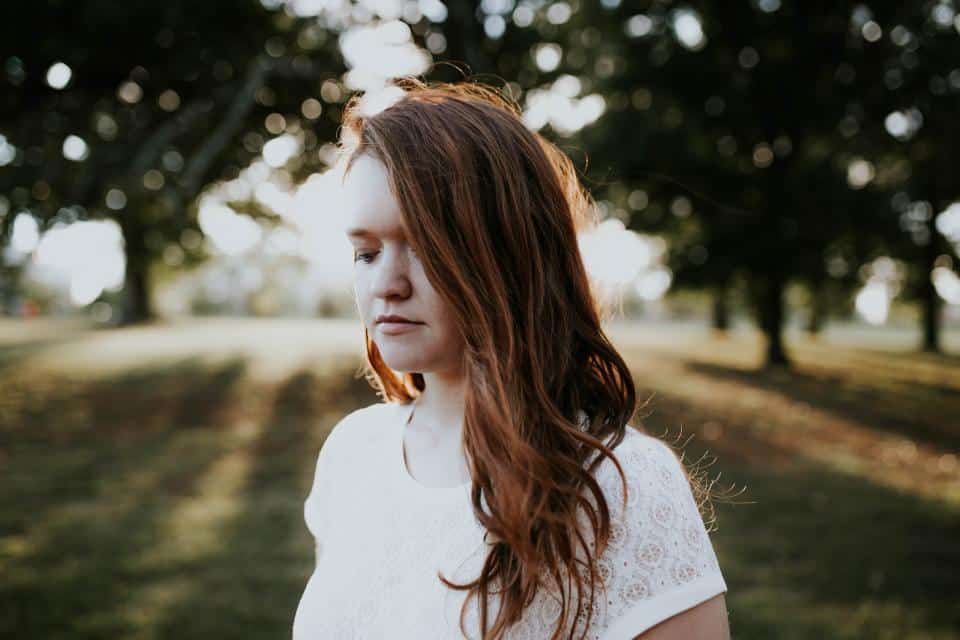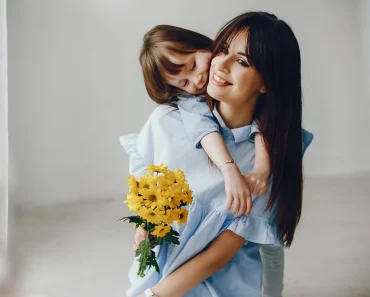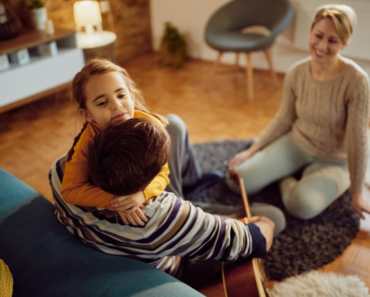Contents

Although being a stepmom can be awesome, you’ve probably experienced some losses along the way. And although the losses are a result of your choice to be with the person you love, that doesn’t make them any less valid or painful.
Most losses need to be mourned in order to properly move on from them, so they don’t keep creeping up, causing you emotional distress and inner conflict.
People often associate the act of mourning with extreme tragedy, like the loss of a loved one. But there are many other situations where grief is appropriate and mourning is necessary.
Let’s be honest, no eight-year-old plays dress up pretending to be a stepmom. Our life is not what we expected it to be. And often there is something getting in our way of completely embracing this life we’ve chosen.
Some Losses that Stepmoms May Initially Experience are:
- Inability to have your own children if your husband has had a vasectomy or if finances for his children make it impossible
- Experience of “firsts” with your husband – marriage, children, buying a house, etc…
- The phase of falling in love and the growing of a relationship without interference from anyone (ex-wife and kids)
- Control over every aspect of your life
Losses Along The Way May Include:
- Having a healthy relationship with your stepchild’s mom
- Having a mutual, loving relationship with your stepchildren
- The planned future or your children’s future due to financial obligations of your husband to his children and/or ex-wife
- A child-free future
- Being stuck geographically
It’s difficult to move forward into the present if you’re still holding onto the past. You’re always going to be resisting what IS at the same time you’re trying to move forward; like trying to walk into the ocean against 12-foot waves.
Mourning your loss, whatever it may be, gives you a chance to look honestly at your thoughts and feelings about the situation. You must move into the pain (as uncomfortable as it is) in order to move through it and come out the other side.
Once you shine a light on something, it’s not nearly as scary as what’s lurking in the dark.
My Mourning…
For me, the loss I needed to mourn was the future I had always pictured for myself, which didn’t include kids.
I never wanted my own children. It was just something that never appealed to me. I loved my “me” time. I always envisioned my future traveling with my husband, wherever and whenever we wanted. My life, my dreams, goals and plans never involved kids.
But once I met my husband, all that went out the window. I was trying to embrace this new lifestyle I had chosen and couldn’t figure out why I was having so much trouble adjusting.
With my husband’s encouragement, I attended a personal retreat to recharge. After a few days of being alone and contemplating my situation, it hit me.
I was still holding onto my dream of a childless future, even though there was no possibility of it. I was subconsciously resisting what my life had become.
All those plans and dreams needed to be put to rest and replaced with new ones, but that couldn’t happen until I acknowledged that I was still holding on to them. At that moment of realization, the flood gates opened, and all this pent up emotion came spilling out.
But I didn’t just have to acknowledge my grief in order to let it go, I needed to mourn the loss. I had to face what giving up that future meant to me. A lifelong collection of plans and dreams gone. I had to face, head on, all the painful emotions that I was feeling as a result of the choice I made to be with my husband.
After I experienced the grieving process, it felt like a huge weight was lifted off my chest, that I didn’t even know was there. I was healing. And with it came a new excitement.
I was finally able to look at my new future and be excited about the possibilities it brought.
That was the turning point for me in my stepfamily. That’s when I started to relax around the kids and actually enjoy them. And they in turn did the same.
How to Mourn?
Mourning takes different shapes. It is a very personal and individual process and there’s no set timetable for it. Some ways to mourn include: journaling about your losses and the emotions you’re experiencing, joining a support group, turning to your spirituality or religion, etc…
After you’ve become really clear on what you’re mourning and have felt all the feelings that come up, it’s time to start looking ahead. It’s time to start looking at the potential in your future; who you might become, the strengths you might gain, what you might learn, and most importantly, the whole reason you’re here in the first place – your hopes and vision for your relationship with your partner.
Even though the process is painful, it’s also cathartic. The outcome is a healed part of yourself and the ability to fully embrace what IS instead of being stuck in the “what is NOT.”
Also, don’t let anyone tell you what is okay to feel grief about and what is not. Your pain and what you perceive as a loss is not up for discussion or judgement. Whatever you feel is valid.
What have been your experiences in relation to the loss? Are you holding on to something that prevents you from embracing your life?







